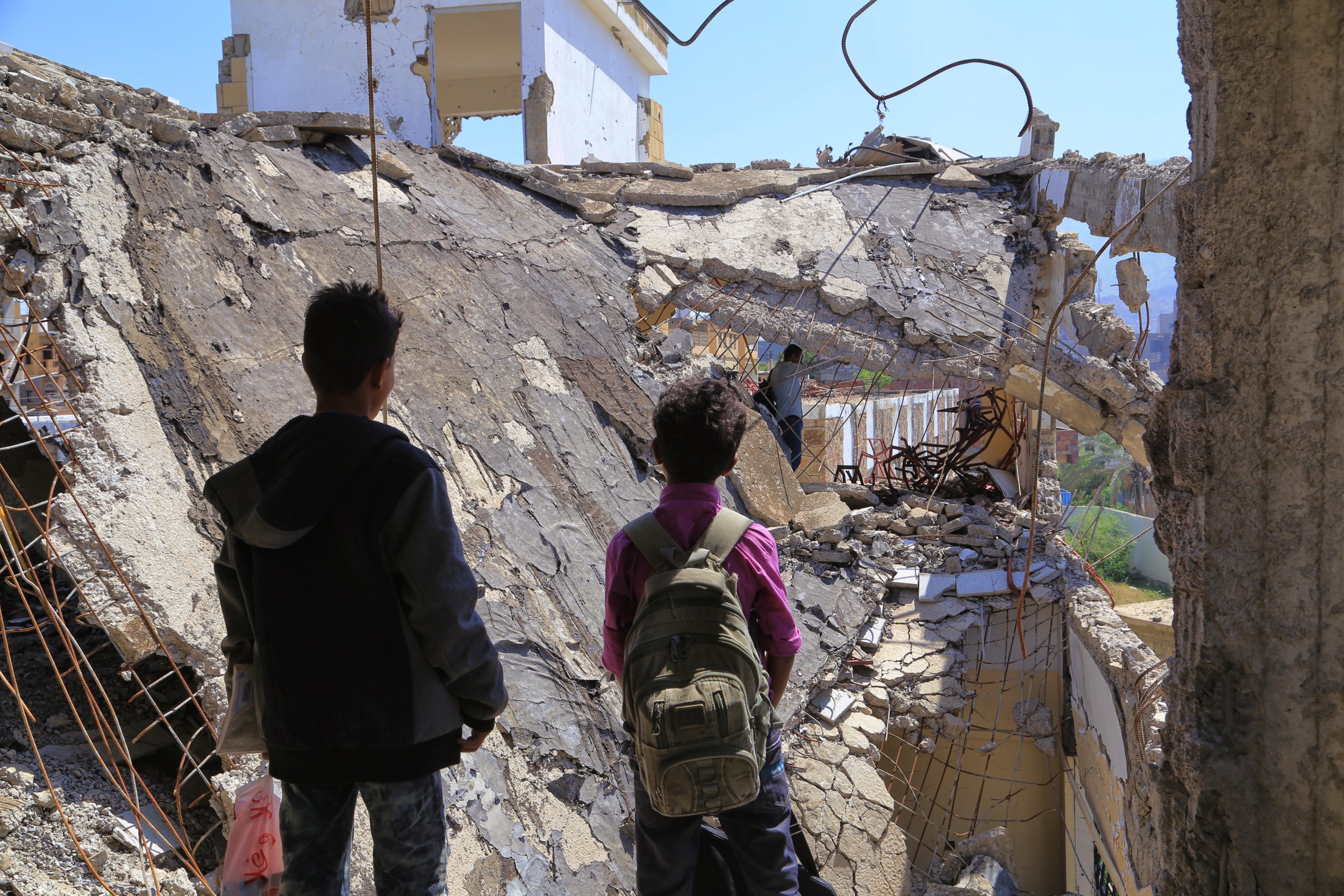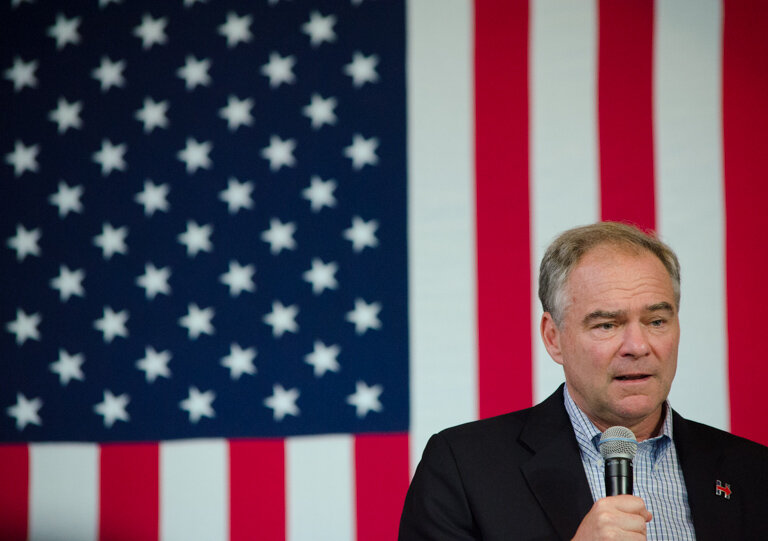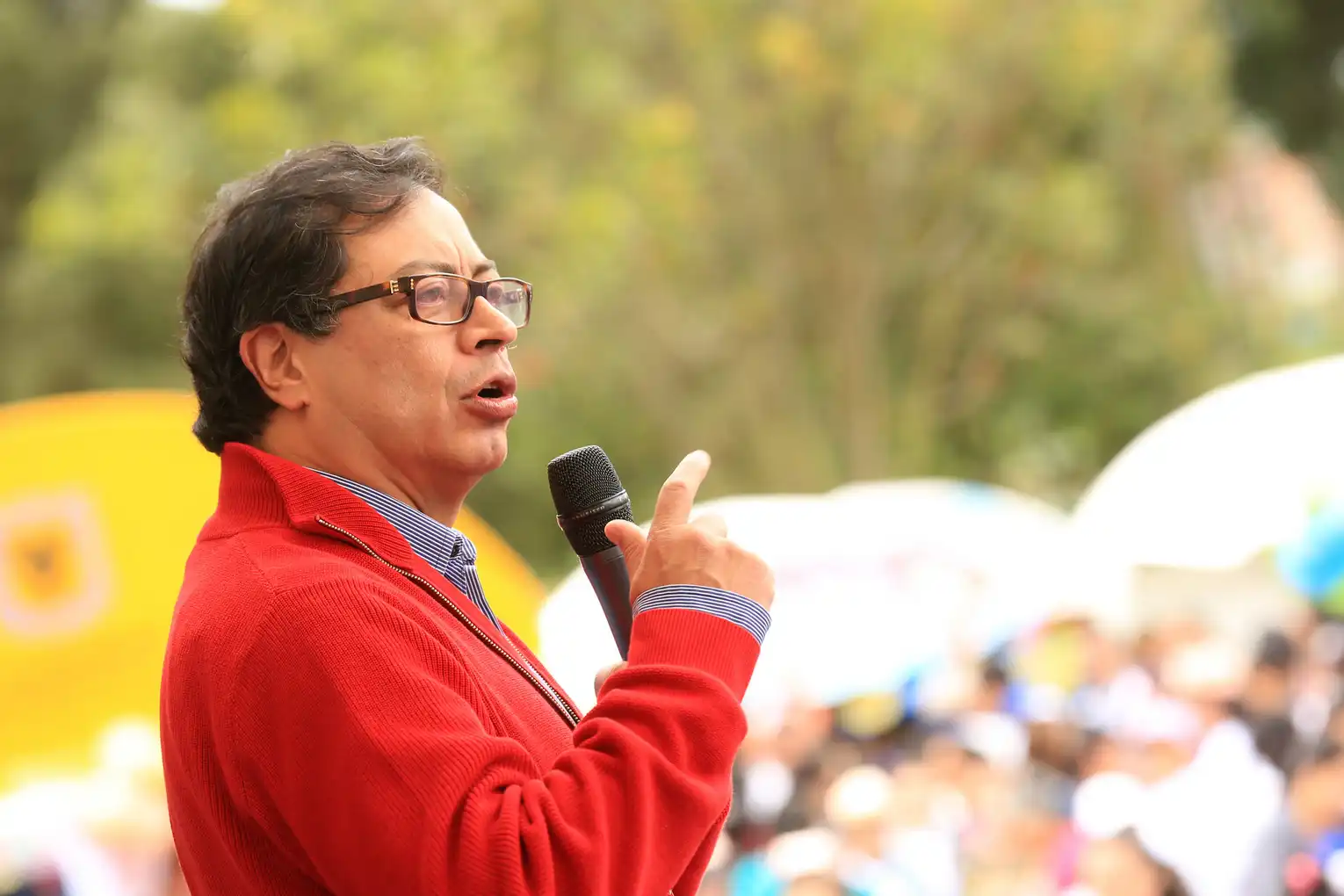PICTURED: King Salman and US President Joe Biden discussed strengthening partnership during phone call. PC: Reuters. Fair Use.
WASHINGTON D.C. February 10th, 2022. WaL reported one year ago that the State Dept. under the fledgling Biden Administration had reversed a late-Trump-era designation of the Houthis, the controlling faction in most of Yemen, as a terrorist organization.
In 2021 Biden’s camp had also recently made a statement that they would end all “offensive support” to the Saudi-UAE led air war in the country, and that only defensive assistance, such as intercepting Houthi drones, would be appropriated. He commented that the people of Yemen were suffering “unendurable devastation”.
A year later, one in which many journalists have repeatedly sought to clarify precisely what the administration meant by “offensive support,” and Biden’s National Security Council and State Dept. are considering reversing the terrorist designation.
It took little more than a request over the phone by the United Arab Emirates foreign minister to have Axios reporting that members of the NSC are “open” to the idea, while State would prefer specific sanctions on the leaders of the Houthis.
In mid-January the Houthis took credit for three oil tankers exploding in port inside the UAE, an incident which killed three people. They called on the international community to condemn it as a act of terrorism. Yesterday, hostile drones were shot down over a Saudi Airport, which the Houthis also took credit for, an attack in which 12 were injured.
National Sec. Advisor Jake Sullivan commented in the aftermath of the port attack in the typically-religious fashion of the Biden Administration, that “our commitment to the security of the UAE is unwavering, and we stand beside our Emirati partners against all threats to their territory”.
Dave DeCamp, writing for Antiwar detailed that the Houthis have no international ties in finance or banking with the U.S., and very little property of any kind outside the country. This means any economic sanctions would have no retro-effective impact on their ability to commit these acts of war, and that they would do “little but push more Yemenis into starvation”.
PICTURED: A UN panel said in 2021 that at least 18,000 civilians have been known to have been killed in airstrikes by Saudi Arabia, the U.S., and the UAE.
Consequences of “terrorism”
The Houthi attacks against the civilian infrastructure of the countries that have made last month the deadliest for Yemeni civilians since the height of the war in 2016, are not acts of terrorism. War planners in both World Wars decided that the great powers would decimate their opponents’ societies with strategic bombing for the simple reason that their civilians’ productive output fueled the war effort, and thus made them guilty parties.
This was present as well in Vietnam and all throughout the wars in the Middle-East. In the 2003 Invasion and Occupation of Iraq much of the useful civilian services were destroyed by tactical airstrikes, and in the Saudi/UAE air war in Yemen, the belligerents have bombed everything from sewage treatment plants, to international aid hospitals, to stables full of horses.
President Biden recently “underscored the U.S. commitment to support Saudi Arabia in the defense of its people and territory from these attacks,” in a phone call with their king.
Biden’s Administration will have to explain their position, since it has also been one year ago tomorrow that the UN predicted 400,000 deaths from famine among children under the age of five. Even if that prediction was off by half, that’s still a tragedy not seen since the U.S.-caused famines in Iraq and Somalia in the 1990s.



